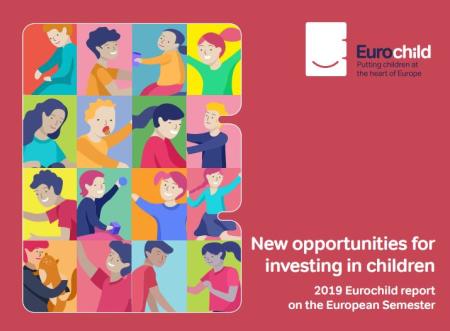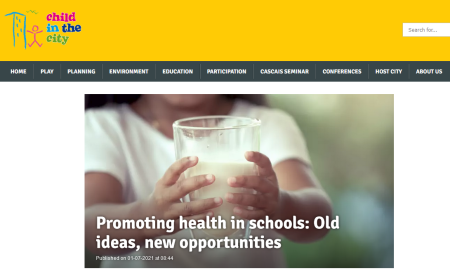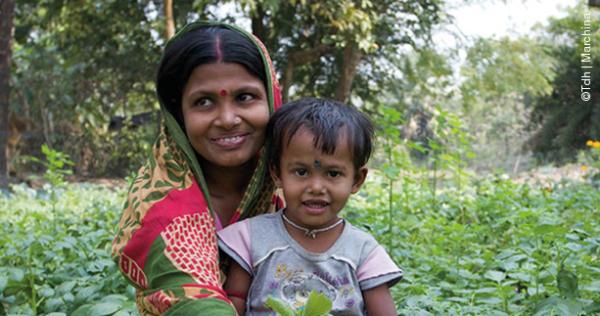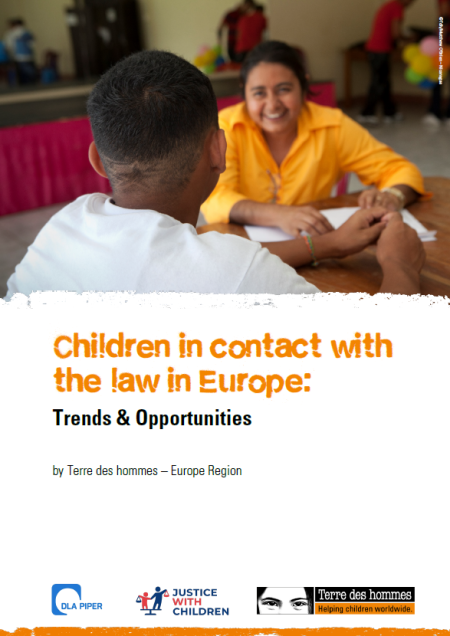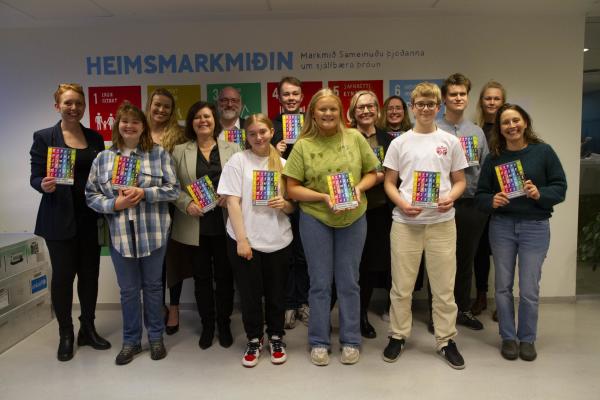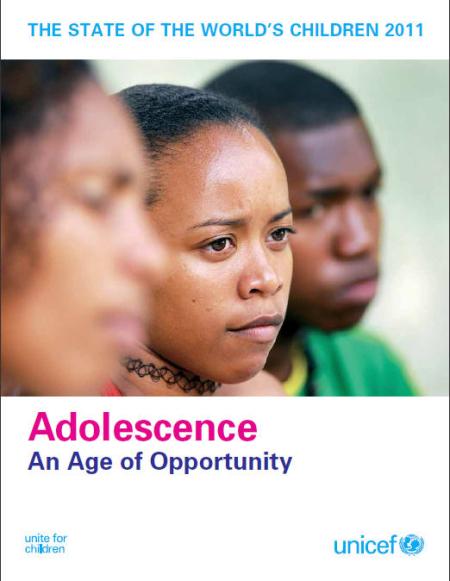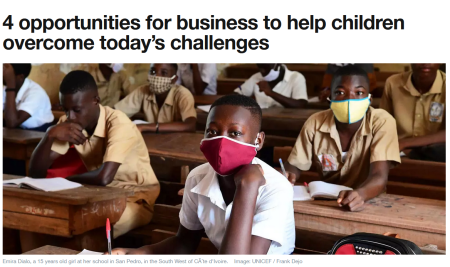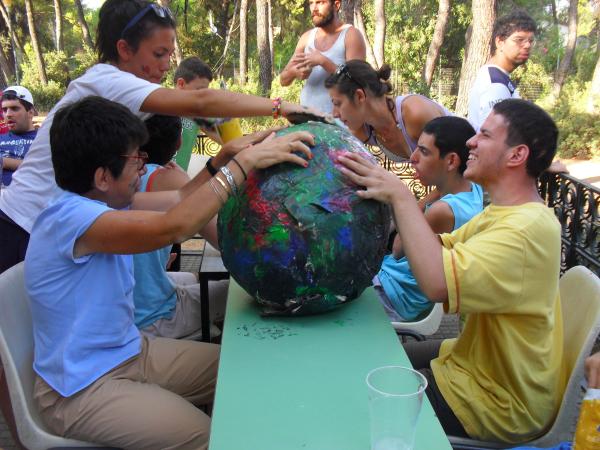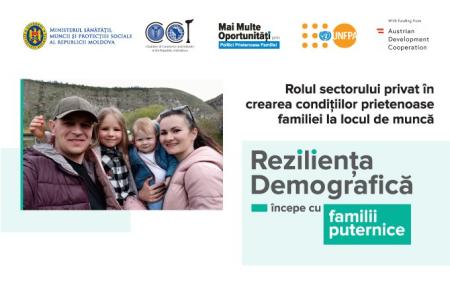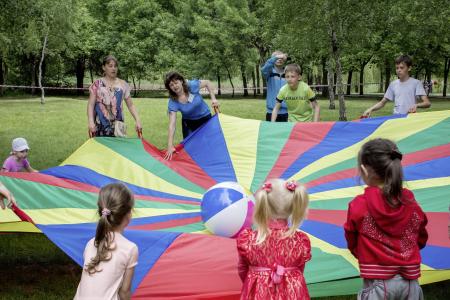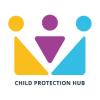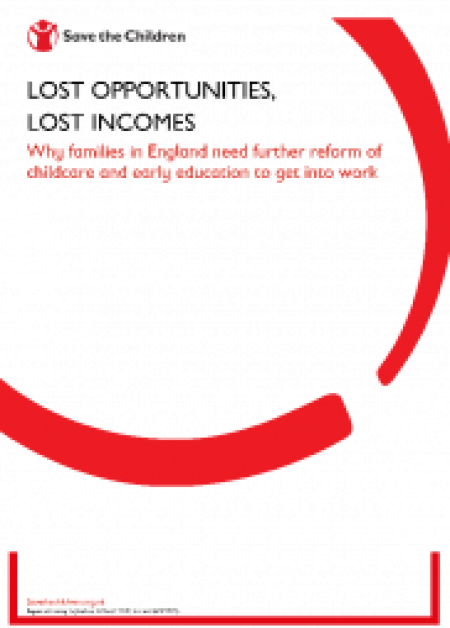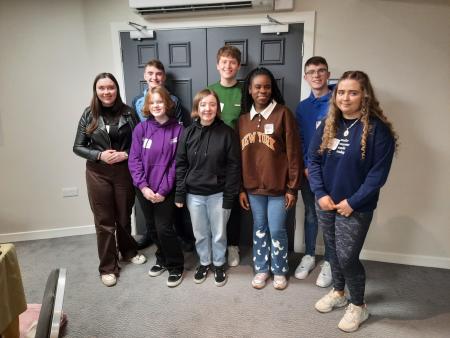
This annual report gives an overview of the activities of Terre des Hommes International Federation (TDHIF) around the world. While last year was a turning point for our International Federation, with the approval of the new Statutes and internal rules, this year we have consolidated our plans in order to continue our mission of lobbying and advocacy, and also our concrete work for the, always too many, children round the world who are exposed to a massive and increasing violation of their basic rights. The international financial crisis has cast a shadow on our development and humanitarian aid activities too: the ODA decrease struck dramatically at the living conditions of many children and their parents around the world, with a further increase in exposure to diseases, lack of education, wars, forced migration, and misery. We know that as a continent Africa has already suffered as a result of the price increase in alimentary products, and that the instability arising from this situation will cause further problems to the most vulnerable. Despite the decreasing engagement of governments, the earthquake in Haiti has shown how the public worldwide is generous vis-à-vis suffering humanity, and this is the driving force behind our private fundraising activities. We must also stress the insufficient results of the Millennium Development Goals (hereafter MDGs), with only five years left to erase poverty from the face of the planet. In this context, we have strengthened our relationship with other international NGOs in the North and in the South, with the aim of opening an international debate on the roles, key functions, structures and alliances among partners, in order to continue to fulfil our mission, and we have had some positive responses. One of our main challenges, among others, is to encourage rich countries to stick to their engagement concerning the MDGs, in part by fundamentally changing the international financial system, introducing more regulation and a stronger role for the public institutions in the governance of international economy. We strongly believe that these structural changes represent not only a way to help poor people, but something more: a way to look at international relations, to build a world of peace, to protect the environment, to ensure equity and justice for all, beyond cultural and political differences. We need a new economy to build a better world, and international cooperation to fight poverty represents a part of this complex challenge. A second priority remains the lobbying and advocacy for children’s rights in the so-called developed countries, in which violence against children is also increasing. The violation of the rights of migrants, racism, and xenophobia, as well as the “clash of civilizations” that some politicians are promoting, are frightening to us, and we are deeply committed to resisting them. A third priority for TDHIF relates to the link between poverty and migration, which represents in the West today, the most dramatic excuse for a repressive policy against migrants, including children, without taking into account the relationships between the violation of human rights, lack of democracy and sustainable development, and trafficking of human beings. We also want to continue our humanitarian aid policy for all who are in need. This represents a concrete way for us to show that there is only one humanity and only one world. In some very sensitive situations, such as war, a civil presence can facilitate the development of a sustainable peace process. So we offer you our 2009 Annual Report, in part as a witness that “another world is still possible”. Raffaele K. Salinari


